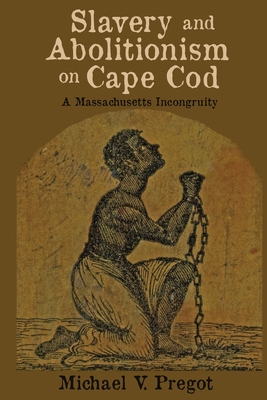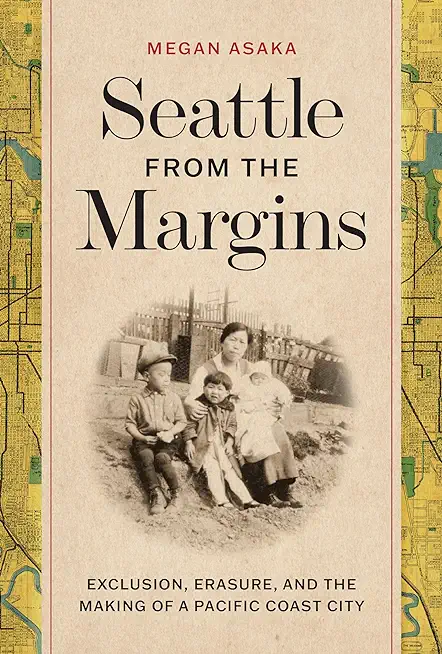
Pregot, Michael V.
After Massachusetts legally prohibited the practice of slavery in 1780, sea captains continued to engage in its development in a variety of ways. Some captains would bring slaves in surreptitiously, while other masters of the sea profited in indirect ways. Some mariners provided inexpensive low-grade food to the plantations, while others would bring cotton to the North for textile work. In the early 1800s the Commonwealth's shipping industry became divided, with some men fighting for the cause of abolitionism while other captains preferred a very slow demise to this human trafficking.
Massachusetts would eventually lead a movement to fight for total abolitionism. To understand the thinking of the day, religious views, political positions, economic factors, and social movements are all placed into sharper detail and given greater context. By sharing profiles of notable Black people living in Massachusetts, we acknowledge the enormous positive contributions made by those forced to relinquish their personal right to freedom.







